A few short years ago, we thought we might never travel again. Now, “over-tourism” is the catch phrase of the day. And while media outlets continue to promote the same popular destinations, they line up to voice passionate concerns over the resulting difficulties of said “must-see” locations. The alternative to mass tourism comes with its own buzzwords, such as “sustainable travel,” an approach that minimizes the impact of today’s visitors on environments and their inhabitants for the benefit of the local area as well as for future generations.
WHAT IS SUSTAINABLE TRAVEL?
Is this about that little sign that takes up all the bathroom counter space, trying to make you feel guilty if you even think about requesting fresh towels by throwing them on the shower floor as directed in multiple languages? Of course, sustaining the environment is part of it, but if you and your 50 closest friends just got off a tour bus from another city the evening before and you’re packing your bag to put outside your hotel room door by the crack of dawn, the towel request was wasted on you anyway.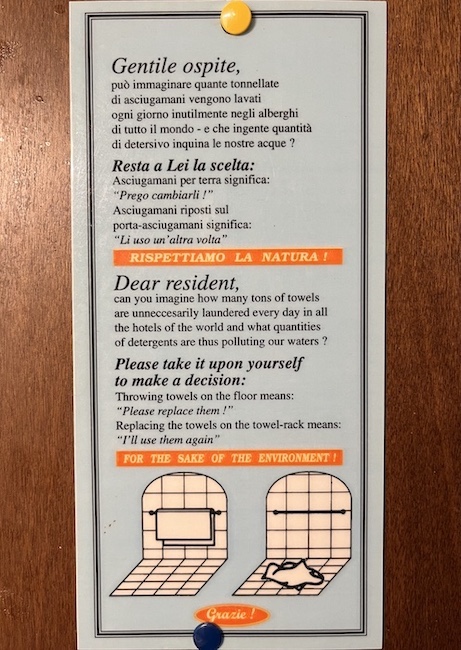
Thinking long-term is the key feature of sustainable travel – how not to damage an environment or its population and their culture so the place and its people remain vibrant for years to come. Within the word “sustainable,” there’s also the idea of support, as for things to work out in the end, the benefit must be mutual.
Does this mean that tours of famous sights are off the table? No; however, in many cases the method needs reevaluation. An extreme example would be Venice and the ban of enormous cruise ships. Do fun-ship cruisers get that much pleasure taking part in such an absurdity? Does a situation really need to get that out-of-hand for communities and their visitors to sit up and take notice?
AFFORDABLE TRAVEL
Historically, travel was reserved for the elite. Only the wealthiest could have possibly contemplated embarking on Italy’s Grand Tour. Then came the backpacking and hostel-style tourism, young people exploring Europe on a budget, albeit not that of the Grand Tour, but still not for the average. Airplane travel was proportionately more expensive, and passengers dressed “appropriately.” Then, planes morphed into flying Greyhound buses, except that bus travel has since improved and airlines are raising their rates like coach means luxury.
Oversized ships and large tour groups became the norm. It was affordable and desirable for a while. We weren’t as used to seeing photos of exotic places at the touch of a screen. We had to actually open a book. We also didn’t have as many likes and dislikes, food allergies and comfort demands. We were just happy to be there, and big companies were happy to buy bigger buses and fill the seats. Maybe we’ll sit next to that beautiful, smiling couple from the brochure.
OVERTOURISM
Upon arrival, you can’t find that couple in the sea of faces that enlarges with the surrounding buses. Oh, the humanity! Next time, you AirBnB it. You’re doing your bit for the locals, but where did they go? They don’t live there anymore as they can’t afford the 5,000-Euro monthly rent your super host is getting in the historic center, but it’s so nice that the menu at the neighborhood trattoria is in English. You look online for an “experience,” and you pay to “skip the line” and restaurant hop “with the locals.”
You buy a really good Gucci knockoff purse and fun toys for your children from the illegal street peddlers hawking Chinese wares. And what an incredible meal at that fancy Michelin-star restaurant, but that’s okay as there are so many budget options for the rest of the trip – they even have pasta at McDonald’s! And we’re so glad we had the opportunity to go to Eataly in Italy. They even had the wine of that PBS cooking lady’s son, the one who spits the competitors’ food out. Next time, I want to get to Milan to check out the Starbucks – I love my lattes.
The point is, by just being there, you aren’t necessarily, “helping out the locals,” a phrase I’ve heard time and time again post-Covid. When you engage in mass tourism, it’s difficult to support the local farmer or artisanal artist. But you aren’t alone. Italians also buy supermarket cheese packaged by multinationals and big-chain fast food. Hard to believe, but as much as you might crave a glass full of ice cubes, it’s a choice.
SUSTAINABLE TRAVEL, IN PRACTICE
When you travel to truly off-the-beaten-path places, you step away from the crowd, both literally and figuratively. Your face becomes recognizable, important even, to the local population, because you chose their neck of the woods. You didn’t wait for a high-dollar advertising team to tell you where to go. You did your homework without slick middlemen and journalists writing ad copy masquerading as destination articles.
Large tour companies have seen that it can’t last forever and are starting to market small-group tours of about 25 travelers. Often, the fine print allows for adding a few more… At Karen’s Travel LLC, the maximum group size is 15, which gives a good balance of people and backgrounds while remaining intimate, often described in reviews as, “It felt like family!” (By the way, there’s a lot of profit built into the 10-person difference.)
Modest numbers enhance the experience in so many ways. Rather than dominating a sight in a negative touristic fashion, smaller groups have the capability of blending with the surroundings. Meals can be savored in authentic locales, in the company of diners from the area. Shopping focuses on locally made items, and perhaps a disappointment to some, but in remote places, you won’t find souvenir refrigerator magnets and T-shirts made in China.
One may think, don’t more people buy more? Theoretically, yes. However, this is also where quality and value come into play. And when the balance skews negatively, a destination runs the risk of taking on Disneyesque characteristics.
Sustainable travel is user-friendly, from the warm welcome of hospitality and tourism workers to the comfortable comradery and interpersonal relationships fostered within manageable groups of travelers. Everyone benefits. Delicate environments don’t suffer from the dramatic physical impact and visitors reap the rewards of an enhanced cultural experience.
There are so many beautiful and deserving places to visit in the world. Recently, even locations that were hardly given a second thought by mass tourism of the last century, such as Tropea, Calabria and Matera, Basilicata, run the risk of being overwhelmed by swarms of day-tripping selfie-snappers checking off a bucket list. It’s a delicate balance.
Are you interested in traveling to Southern Italy? Would you like an in-depth cultural experience consistent with the principals of sustainable travel? Consider joining one of my small-group tours to Calabria and/or Basilicata!
Read all about the fascinating Calabrian region in my book Calabria: The Other Italy, described by Publisher’s Weekly as “an intoxicating blend of humor, joy, and reverence for this area in Italy’s deep south,” and explore Calabria’s northern neighbor in my book Basilicata: Authentic Italy, “recommended to readers who appreciate all things Italian” by the Library Journal.
Follow me on social media: Basilicata Facebook page, Calabria: The Other Italy’s Facebook page, Karen’s Instagram and Karen’s Twitter for beautiful pictures and information.
Sign up below to receive the next blog post directly to your email for free.


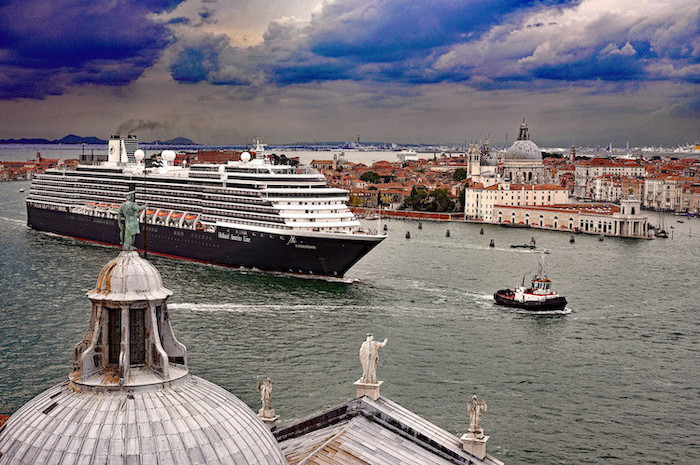
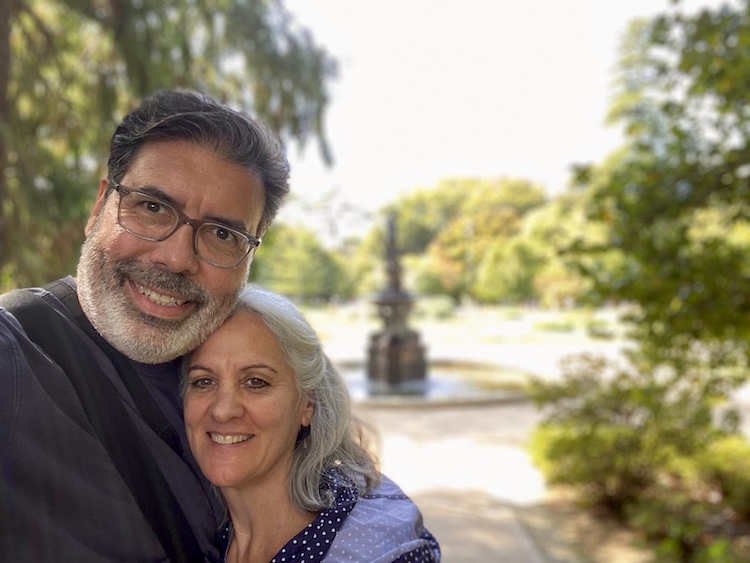
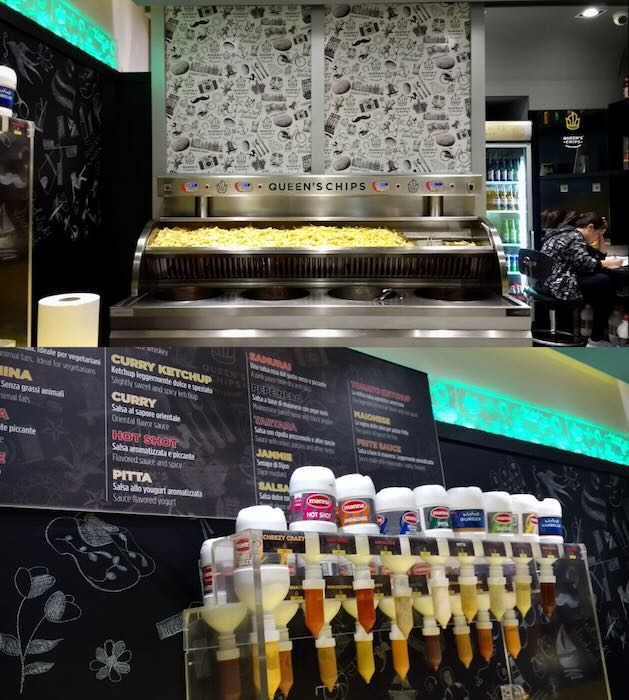
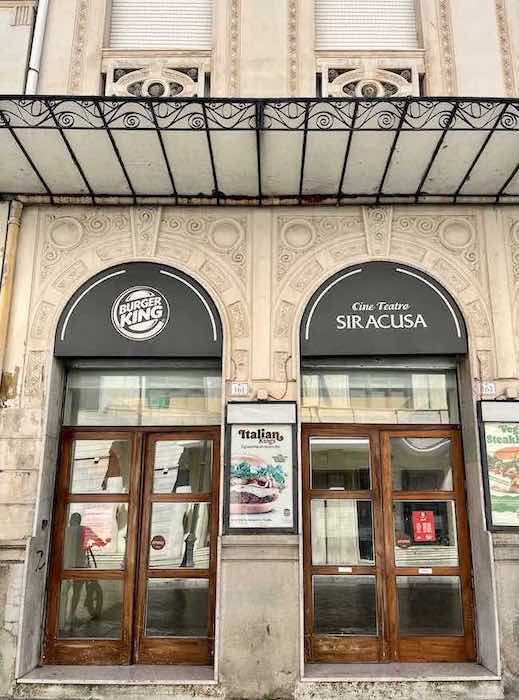
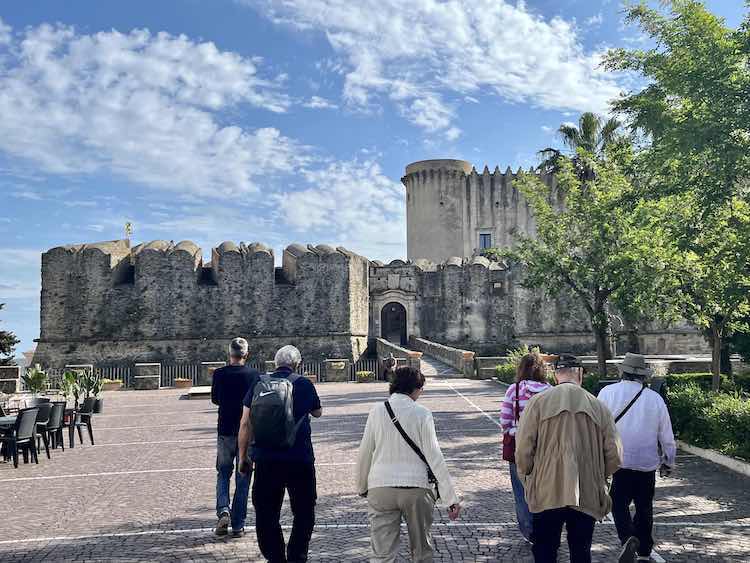

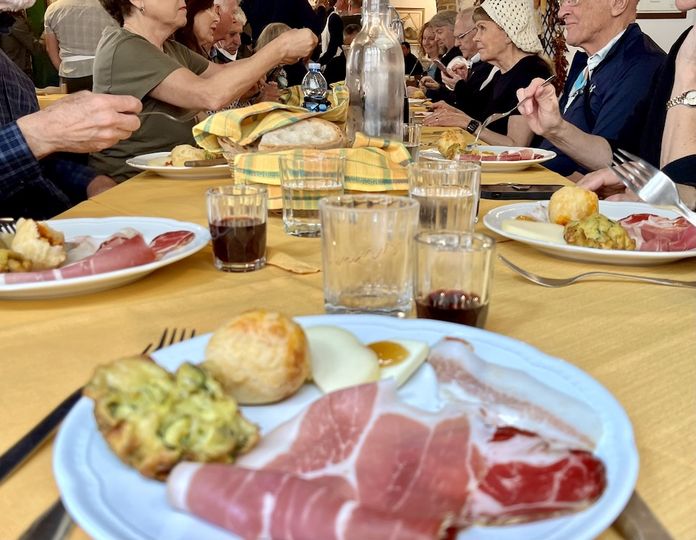

Comments 6
So many thought provoking ideas! We’ve personally enjoyed your small group tour to Calabria & couldn’t agree more, Karen! Travel is complicated (everything you talk about rings true) & we felt like we had a truly authentic (hard to find!) experience with you! Thank you, Karen for all the hard work you put into your incredibly well curated tours so that we can just enjoy the experience! Baci!
Author
So glad you had such a rewarding experience on my tour! It’s a great feeling to know that the preparation of the program and its execution were successful and appreciated. Thanks for taking part!
I just returned from one of Karen’s tours and it was amazing
It felt as if you were with a group of friends and the small number really made it intimate and amazingly fun
Author
So glad you were part of the tour, Sandee, and that you connected with the group and had such a great time!
Oh, Karen, I so love that you covered so many of the issues involved in being the tourist. Traveling, like life, is complicated and our small daily decisions on the road have so many hidden and expanding consequences for others. I return again and again to the concept that we are a community – of people, geographies, and more-than-humans – who are constantly in mutual interactions. Visiting another place is to be welcomed into another’s home and the ways you continue to guide visitors in Calabria is a testament to your love and understanding of this idea.
Author
Thank you for your kind thoughts and for putting the concept into perspective on even a wider scale. With respect, the little things become big things. We just all need to do our part.